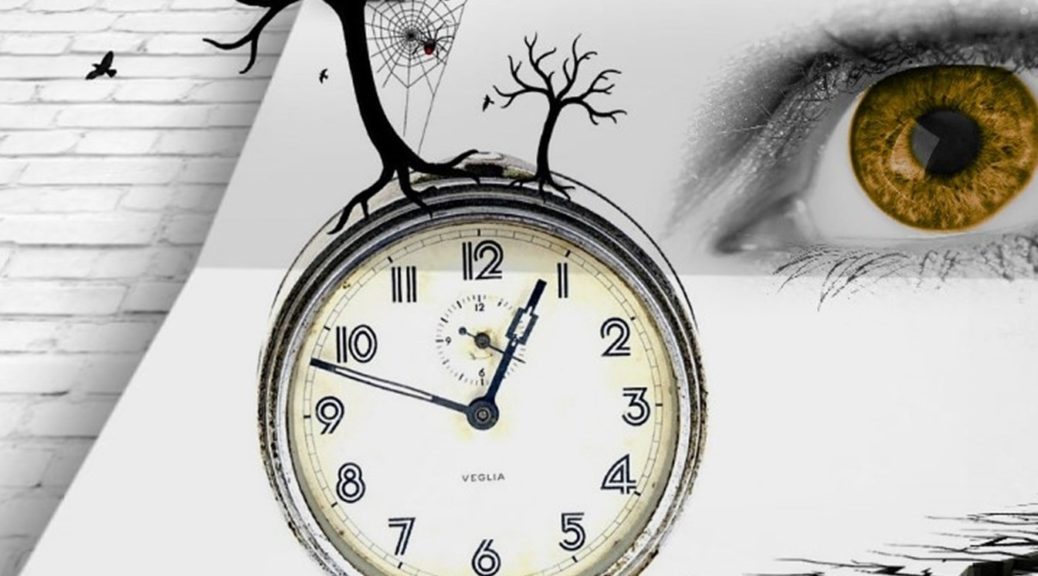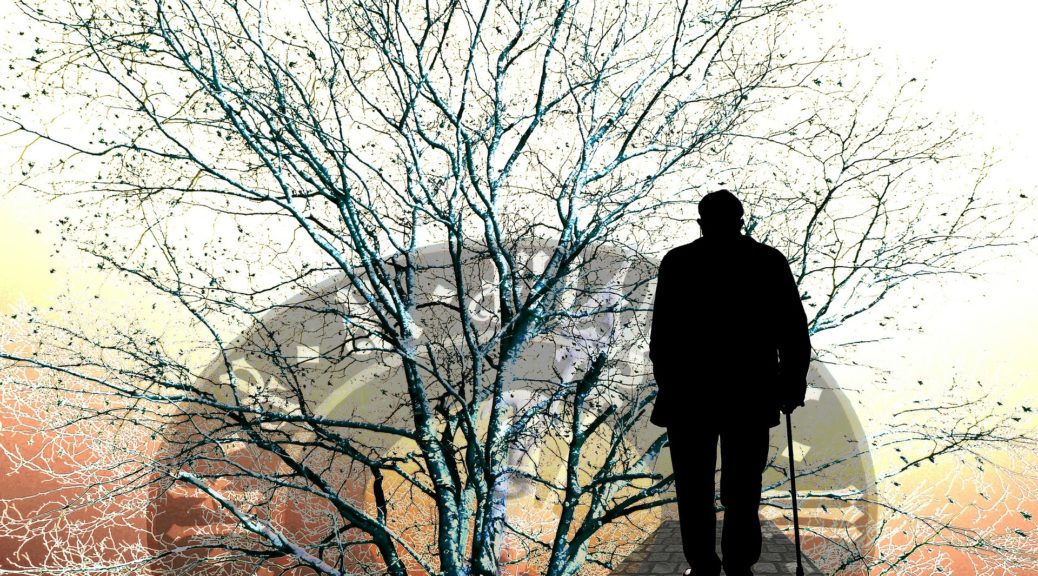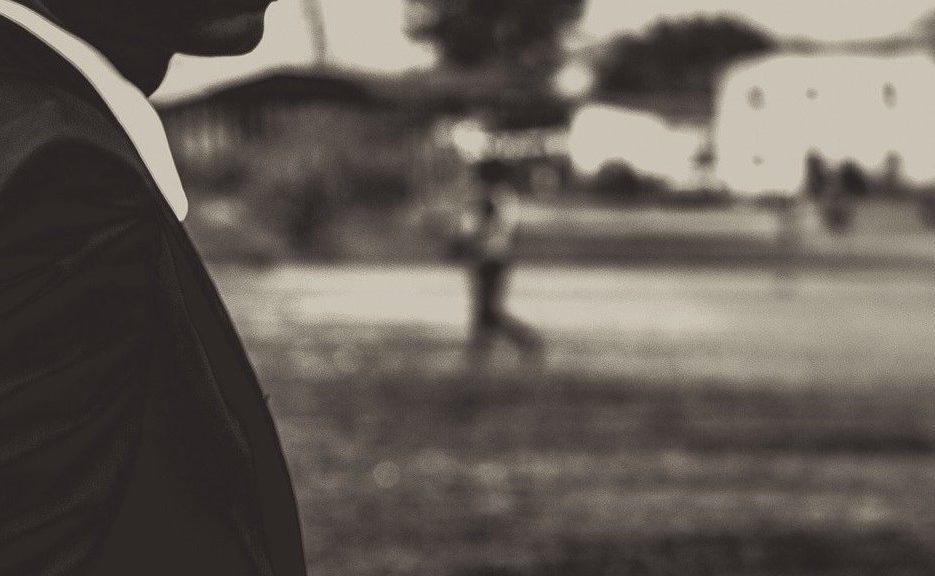When the officer woke me at 4:00 a.m. to get ready for the one hour ride to Duane L. Waters Health Center, I had to mentally prepare myself for what I knew I would see. I’ve been there before, and I knew death would be there, up close and personal. It’s not unusual to see a dying prisoner being moved around the facility.
Duane L. Waters Health Center is the MDOC’s prison hospital, located in Jackson, Michigan. Every prisoner dreads going there – partly because of the ‘healthcare’ and partly because the building itself reeks of death. It’s also where they house the hospice prisoners. I had to go today for a hearing test for the loss of hearing in my left ear. I’ve been dealing with it for almost a year, and today was my day to go to DLW.
As I entered the building in shackles, the foul smell of human suffering and deterioration immediately filled my nostrils and the torment of death by incarceration filled my body. After being unshackled by the transporting officer, I made my way to the crowded waiting area, where I saw a man I have been serving time with for years walk by. The sight of him shook me to my core. All that was left was a shell. The man I knew had deteriorated, and I could see death practically knocking on his door. I hadn’t prepared myself to see someone I knew in such bad shape.
The wait can be lengthy at DLW, but the sight of the old head in such bad shape made the couple hours feel like forever. He’s me. I’m serving life without the possibility of parole. I’m sentenced to die by incarceration. I’m 39, and to most, that’s young. But I’m twenty-one years in on a sentence of forever, and I can’t help but notice my health deteriorating. I think every prisoner’s worst fear is dying in prison, but for those of us serving LWOP in Michigan – we will probably die at DLW.
While I was waiting, thinking about what I’d just seen, another guy I knew entered the waiting area. He works in the hospice unit. He told me he recently sat with one of the old heads I had a lot of love for – as he died.
So, here I am in the wee hours, reflecting on a day in which I saw my reality – what the final days of death by incarceration look like. Death is promised to everyone, and for those of us whose worst fears come true and we die in this place, it will be alone in a dark prison hospital like the one I saw today. Over the last six months six men I have been doing time with died after serving decades in prison.
Today’s trip replays and thoughts run rampant in my mind, preventing sleep as I stare at the concrete walls of my cage. My pain is real – and it gets realer by the second…
by the minute…
by the hour…
by the day…
by the week…
by the month…
by the year…
by the decade.
ABOUT THE AUTHOR. Quentin Jones is the founder of MYLIFEMATTERSTOO, and is serving Life Without The Possibility Of Parole in Michigan. After two decades in prison, he strives daily to be productive and make a positive impact. “I will be happy if I can simply inspire someone to become a better person. As a society, we need to challenge ourselves to become better people. We need a lot more LOVE and a lot less HATE.”
Quentin can be contacted at:
Quentin Jones #302373
Gus Harrison Correctional Facility
2727 East Beecher Street
Adrian, MI 49221-3506
MYLIFEMATTERSTOO on Facebook.
![]()









